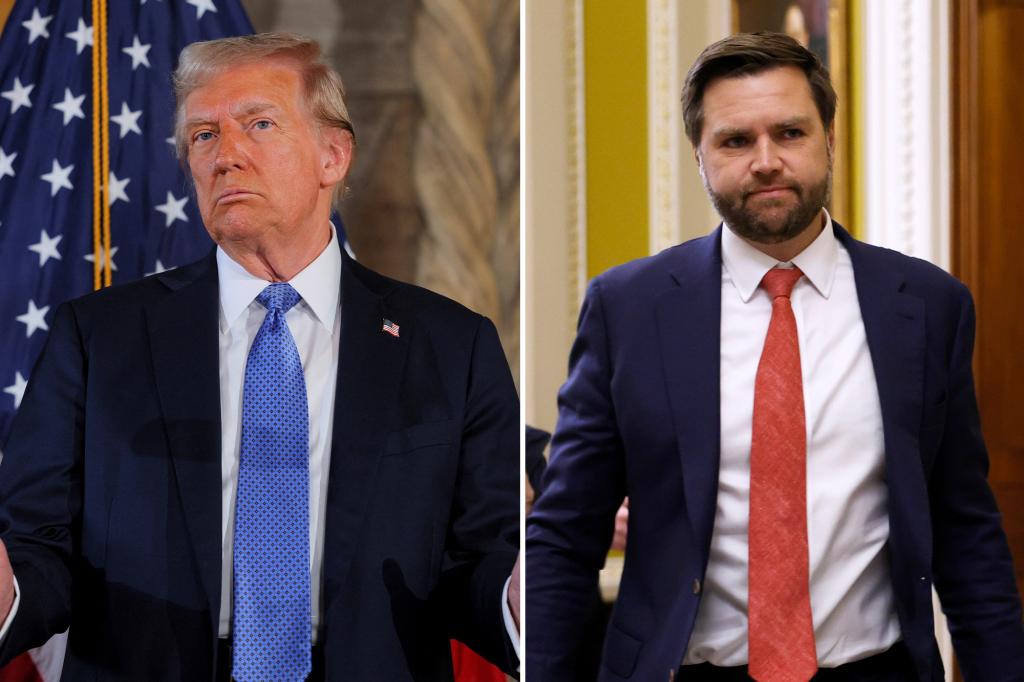The looming threat of a government shutdown has ignited a fiery debate in Washington, with the debt ceiling emerging as a central point of contention. President-elect Donald Trump unexpectedly called for the complete abolition of the debt ceiling, a position traditionally associated with Democrats. He argued that the debt ceiling serves no practical purpose beyond psychological impact and that eliminating it would be the most prudent course of action. This unexpected declaration reverberated through the political landscape, garnering support from unlikely quarters, including Senator Elizabeth Warren, a frequent Trump critic, who echoed his call for ending the practice of “governing by hostage taking.”
This call for abolition comes amidst a chaotic scramble on Capitol Hill to avert a government shutdown. House Speaker Mike Johnson, after negotiating a stopgap funding bill with Democrats, faced intense backlash from within his own party, fueled by criticism from President-elect Trump and tech mogul Elon Musk. Trump and Vice President-elect JD Vance issued a joint statement condemning the spending bill as unacceptable, labeling it a “Democrat trap,” and demanding that Congress address the debt ceiling before the end of President Biden’s term. This intervention effectively torpedoed the negotiated funding measure, leaving Congress scrambling for an alternative solution before the impending shutdown deadline.
The pressure exerted by Trump and Musk significantly destabilized Speaker Johnson’s position, sparking calls for his resignation from within the Republican ranks. While Trump initially expressed confidence in Johnson’s leadership, he later appeared to backtrack, casting doubt on the Speaker’s ability to navigate the current crisis. The unusual suggestion of Elon Musk as a potential replacement for Johnson, floated by Senator Rand Paul, further underscored the volatile and unpredictable atmosphere surrounding the negotiations. Musk’s influence on the unfolding drama was undeniable, with his public condemnation of the spending bill, amplified through social media, playing a key role in galvanizing opposition within the Republican party.
Trump’s alignment with Musk on this issue adds another layer of complexity to the political landscape. Trump confirmed that he had communicated with Musk regarding the spending bill, stating that their views were “very much on track.” He characterized Musk’s perspective as being driven by cost considerations, suggesting a shared concern over government spending. This unexpected alliance between a populist president-elect and a prominent tech entrepreneur adds an unpredictable element to the ongoing debt ceiling and government funding debates. It also highlights the increasing influence of non-traditional political actors in shaping policy discussions and outcomes.
The confluence of these events—the call to abolish the debt ceiling, the impending government shutdown, the internal Republican turmoil, and the influence of external figures like Elon Musk—creates a highly charged and uncertain political climate. The debate over the debt ceiling, typically a routine, if contentious, part of the legislative process, has been transformed into a symbolic battleground. It reflects deeper divisions within the Republican party and the broader political landscape regarding fiscal responsibility, government spending, and the role of non-traditional political actors.
The ultimate outcome of this complex interplay of forces remains unclear. Whether the debt ceiling will be raised, abolished, or become a recurring crisis point remains to be seen. Similarly, the fate of Speaker Johnson and the prospects of avoiding a government shutdown are hanging in the balance. What is evident is that the traditional political playbook has been thrown out the window, and the rules of engagement are being rewritten in real time. The coming days will be crucial in determining the direction of these critical debates and their impact on the future of American governance.

